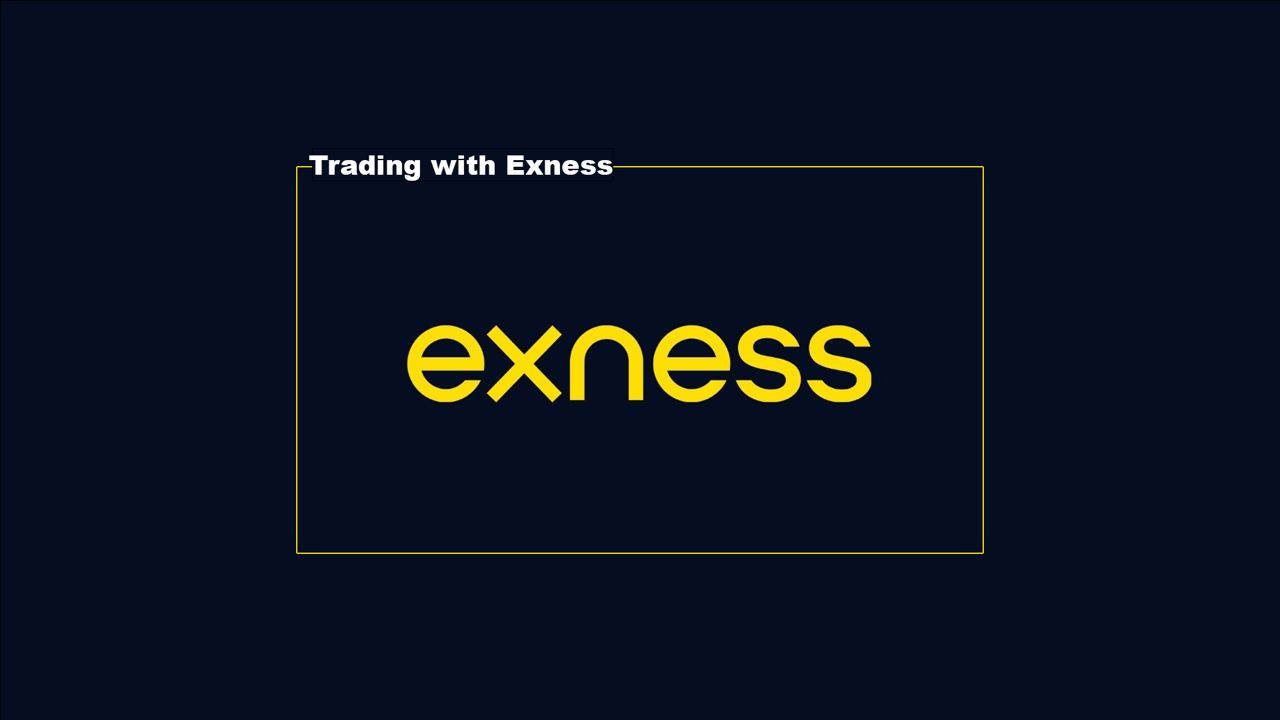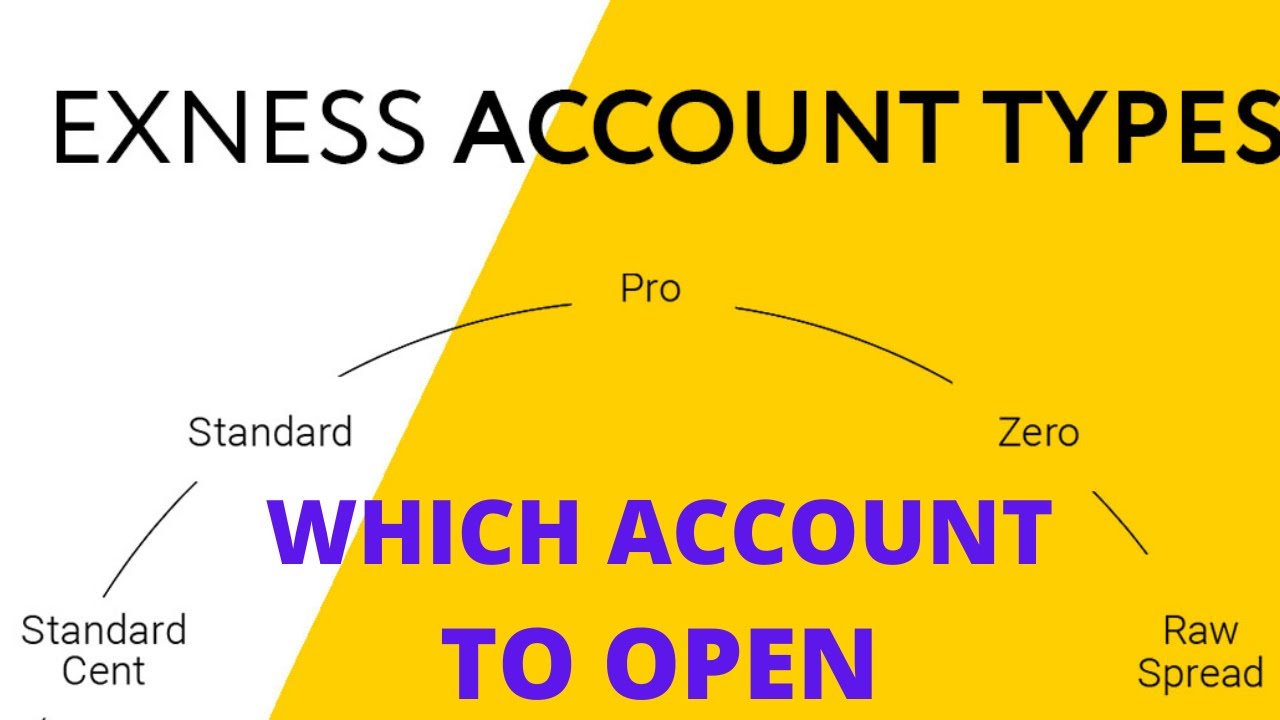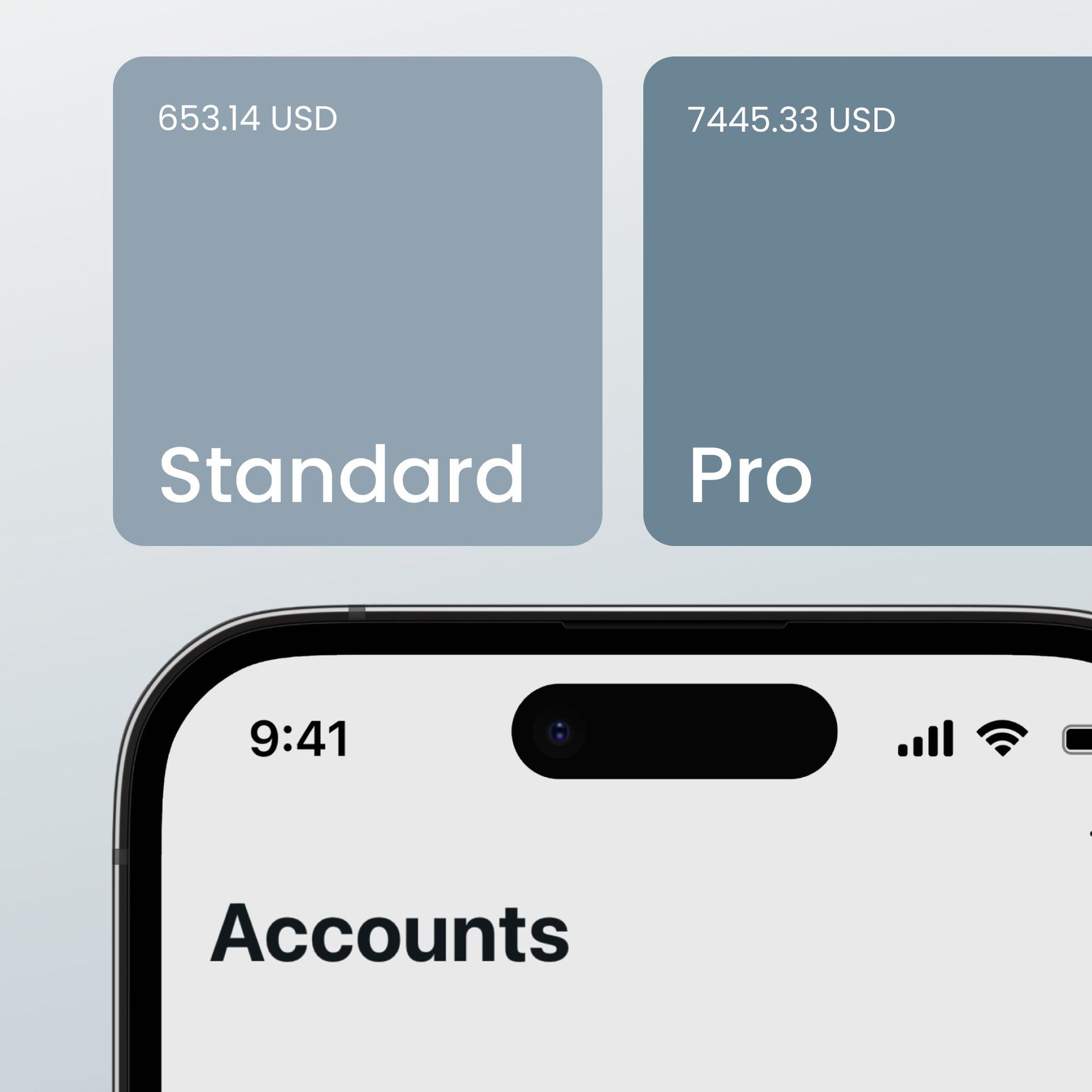
8 minute read
Exness Standard vs. Pro Account: Which One Is Better?
Choosing the right account type can make or break your trading experience. After spending years in the markets, I've seen countless traders struggle simply because they picked the wrong account structure for their strategy. Exness offers two main account types - Standard and Pro - each with distinct features that cater to different trading styles.
Let's dive into both options to help you make the right choice for your trading journey. I'll break down the key differences, compare costs, and guide you through which account might work best for your particular approach to the markets.

🏆 Start Trading With Exness – Register Now! 🚀 or Visit the Broker’s Website ⭐
Exness Standard Account Overview
The Standard account is Exness's entry-level offering, but don't let that fool you. It's packed with features that make it suitable for traders of all experience levels. I started with a Standard account years ago, and it served me well during my early trading days.
What makes the Standard account attractive is its accessibility. You can get started with minimal capital, and the platform is designed to be user-friendly. The spreads are variable but typically start from 0.3 pips for major pairs like EUR/USD. One thing I particularly appreciate is that there are no commission fees on trades - all costs are built into the spread. The leverage is quite generous too, going up to 1:2000 depending on your region and the instrument you're trading. For beginners or those who prefer a straightforward fee structure, this simplicity is a major plus.
Exness Pro Account Overview
The Pro account is where things get serious. This is Exness's professional-grade offering, designed for more experienced traders who need advanced execution and are willing to trade off simplicity for better overall costs.
I switched to a Pro account after about two years of trading, and the difference was immediately noticeable. The Pro account features raw spreads that can go as low as 0 pips on major pairs during normal market conditions. Instead of marking up the spread, Exness charges a commission per lot traded. This structure tends to work out cheaper for high-volume traders. The execution is also typically faster, with more direct market access. If you're running sophisticated strategies or trading frequently, these advantages can significantly impact your bottom line. The same leverage options are available as with the Standard account, though experienced traders often use lower leverage to manage risk properly.
Key Differences Between Standard and Pro Accounts
After using both account types, here are the main differences I've noticed:
Fee structure: Standard accounts have no commission but wider spreads; Pro accounts have tight raw spreads plus commission
Execution speed: Pro accounts typically offer faster execution with less slippage
Market access: Pro accounts provide more direct market access
Transparency: Pro accounts give clearer visibility of actual market conditions
Target audience: Standard for beginners and casual traders; Pro for experienced and high-volume traders
Minimum deposit: Standard accounts can be opened with as little as $1; Pro accounts usually require $200
Trading platform options: Both offer MT4, MT5, and Exness's proprietary platforms
Instrument range: Both provide access to the same range of instruments
Trading Costs and Fees Comparison
Let's talk money. Trading costs can eat into your profits faster than a bad trade decision. With the Standard account, all your costs are wrapped up in the spread. For EUR/USD, you might see average spreads of around 0.9-1.3 pips during normal market hours.
The Pro account takes a different approach. You'll get raw spreads that average around 0.1-0.3 pips for EUR/USD, plus a commission of about $3.5 per lot (round turn). At first glance, this might seem more expensive, but do the math. If you're trading decent volume, the Pro account works out cheaper in most cases. I tracked my costs over a month trading both accounts with similar volume - the Pro account saved me roughly 15% in overall trading costs. Remember though, during high volatility or news events, spreads widen on both account types. The difference is that on Pro accounts, you can see exactly what's happening in the market without the broker's markup clouding the picture.
Trading Conditions and Execution
Execution quality can make or break a trading strategy. When I was scalping with my Standard account, I sometimes noticed slippage eating into my potential profits. The Pro account changed that for me.
With the Pro account, orders execute faster with less slippage because of the more direct market access. This becomes crucial if you're trading around news events or using strategies that depend on precise entry and exit points. I've found that stop losses and take profits trigger more reliably too. The Standard account isn't bad - far from it - but there's a noticeable difference when you need split-second execution. For swing traders holding positions for days or weeks, this difference may not matter much. But for day traders, scalpers, or algo traders, the Pro execution advantage is significant. Both account types offer the same leverage options and access to the same range of instruments, so the main difference really comes down to execution quality and cost structure.

🏆 Start Trading With Exness – Register Now! 🚀 or Visit the Broker’s Website ⭐
Which Exness Account Is Better for You?
The honest answer? It depends on your trading style. After working with both accounts, I've developed some rules of thumb.
Go with the Standard account if you're just starting out, trade infrequently, hold positions for longer periods, or prefer simplicity in your fee structure. The all-in-one spread pricing means less to think about, and the higher spread won't impact you as much if you're not trading constantly. I recommend this for most beginners or part-time traders who aren't placing dozens of trades daily. The lower minimum deposit also makes it more accessible if you're testing the waters or trading with a smaller capital base. Some of my most successful trading friends still use Standard accounts because their strategies don't demand the benefits that Pro accounts offer.
The Pro account makes more sense if you're an active trader placing multiple trades daily, running algorithmic strategies, scalping, or trading larger volumes. The commission structure will likely save you money, and the faster execution becomes increasingly valuable the more frequently you trade. Think of it as an investment in your trading business - the additional features justify the higher minimum deposit if you're serious about trading. I switched when my trading volume reached about 10 standard lots per week, which is when the math started favoring the Pro account structure.
How to Open an Exness Trading Account
Setting up an account with Exness is straightforward. I've opened several over the years, and the process has become increasingly streamlined. Here's how to get started:
Visit the official Exness website and click on the "Open Account" button
Choose between Personal Account or Corporate Account
Fill in your personal details including name, email, and phone number
Create a secure password for your account
Select your preferred account currency (this cannot be changed later)
Choose between Standard or Pro account type
Read and accept the terms and conditions
Complete the verification process by submitting proof of identity and residence
Fund your account using one of the available payment methods
Download the trading platform and start trading
🏆 Start Trading With Exness – Register Now! 🚀 or Visit the Broker’s Website ⭐
The whole process usually takes less than 24 hours if your verification documents are in order. In my experience, Exness is pretty quick with approvals compared to other brokers I've used.
Frequently Asked Questions (FAQs)
What is the main difference between Standard and Pro accounts?
The main difference lies in the fee structure and execution quality. Standard accounts have no commission but wider spreads built into the price, while Pro accounts offer raw, tighter spreads plus a separate commission per lot traded. This different approach affects both your trading costs and how directly you interact with the market.
Which account has lower trading costs?
For high-volume traders, the Pro account typically works out cheaper despite the commission, because the raw spreads are so much tighter. For occasional traders or those with smaller position sizes, the Standard account might be more economical. When I analyzed my own trading over six months, I found the breakeven point was around 7-8 standard lots per week – below that, Standard was cheaper; above that, Pro became the better deal.
Can I switch from a Standard to a Pro account?
Yes, Exness allows account switching without much hassle. I've done it myself, and the process is pretty simple – you can request the change through your personal area on the website. You'll need to meet the minimum deposit requirement for the Pro account, and there might be some additional verification steps depending on your region and trading history.
What is the minimum deposit for each account?
The Standard account can be opened with as little as $1 in most regions, making it extremely accessible for new traders or those wanting to test the platform. The Pro account typically requires a minimum deposit of $200. These minimums may vary slightly depending on your country of residence and local regulations.
Which account is best for scalping and algorithmic trading?
From my experience running both manual scalping strategies and trading algorithms, the Pro account is significantly better for these approaches. The faster execution, reduced slippage, and lower overall costs for high-volume trading make a real difference when your strategy depends on small price movements or precise entry/exit points. Most serious scalpers and algo traders I know exclusively use Pro accounts because the execution advantage directly impacts their bottom line.










